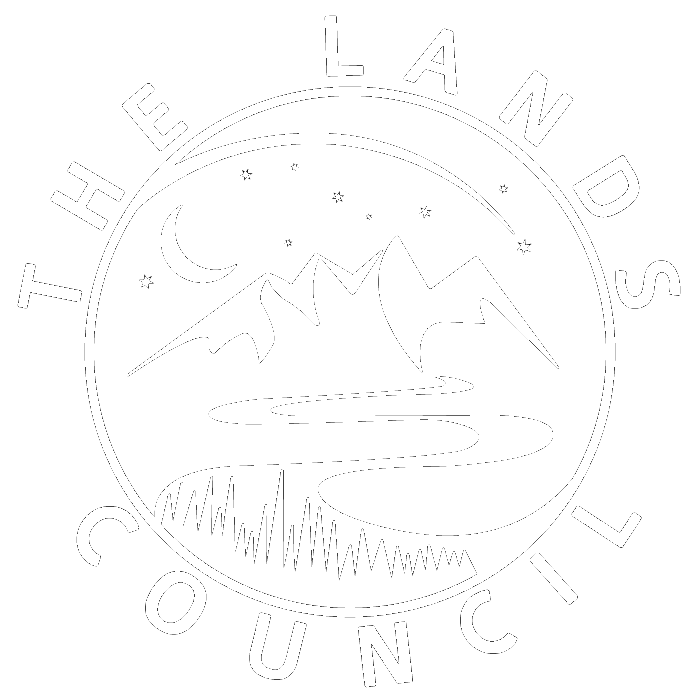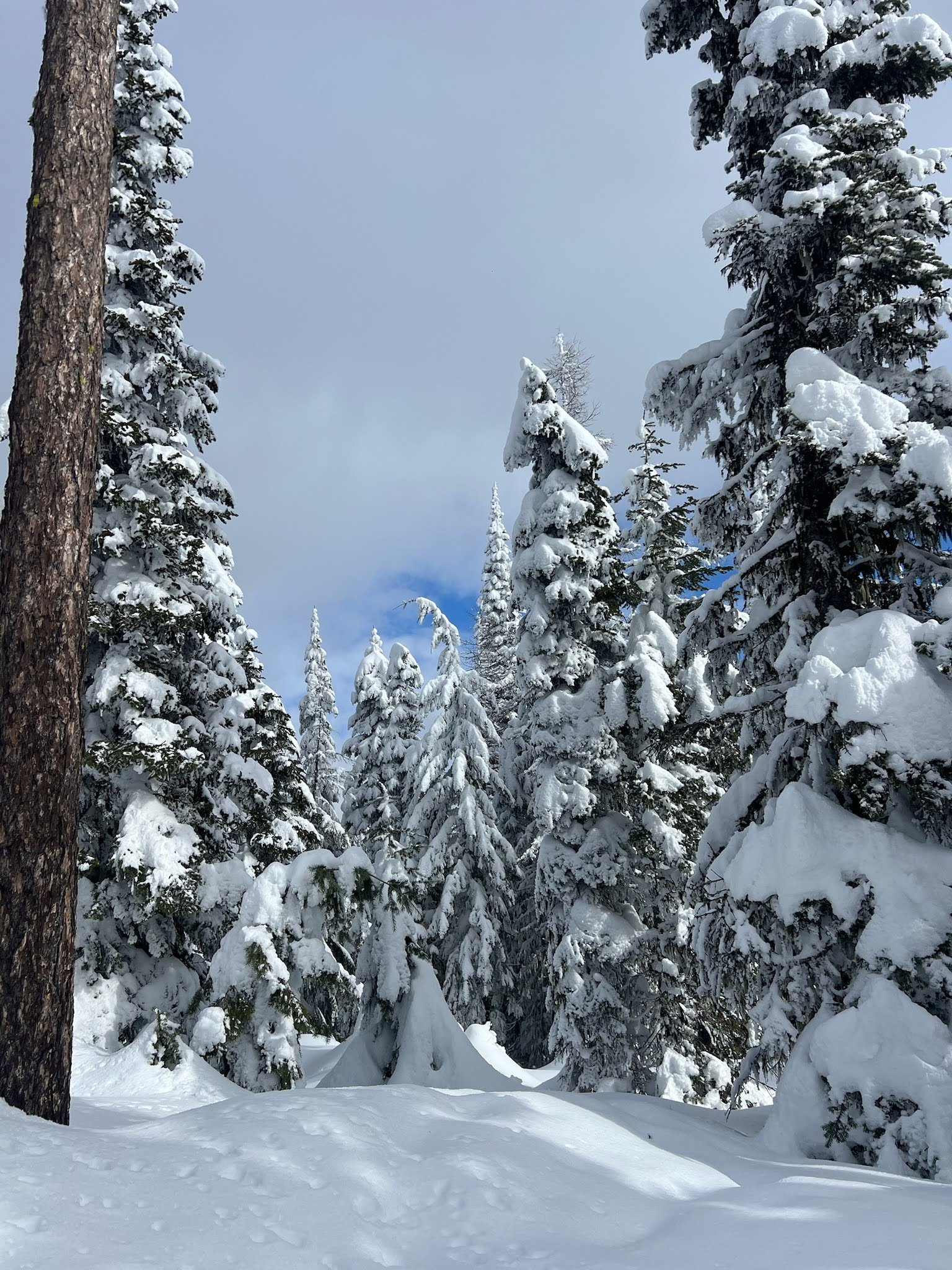Students at North Central High School's Institute of Science and Technology are working with PhD-level resources to solve a longstanding environmental issue in their own backyard. Hanna Faught and Meilin Scott are partnering with The Lands Council to determine whether bioremediation could help remove Polychlorinated biphenyls - or PCBs - from the Spokane River.
When the West Coast wildfires are out, can mushrooms help with the cleanup?
By Monica Nickelsburg
When the worst wildfire season on record in the West finally subsides, it will give way to another potentially devastating environmental crisis: toxins from charred and melted plastics, electronics, and other household materials leaching into watersheds, endangering residents, agriculture, and ecosystems.
TLC's Fungi Project Report
By Mike Petersen
The work to reduce the amount of PCB’s (polychlorinated biphenyls) that enter the Spokane River takes many forms. Our innovative Fungi Project has made good progress this year. We are partnering with North Central High School and bioremediation expert, Les Stephens, to use fungi and soil bacteria to break down PCB’s and hydrocarbons found in stormwater sludge (known as vactor waste).
Fungi Project Bioremediation Results
For the past three years, we have been working with students from North Central High School on our Fungi Project. We began our innovative Fungi Project to investigate the ability of several species of mushrooms to break down persistent polychlorinated biphenyls (PCBs). This project aims to prevent PCBs from entering our urban waterways and making their way into the food and water supply.






